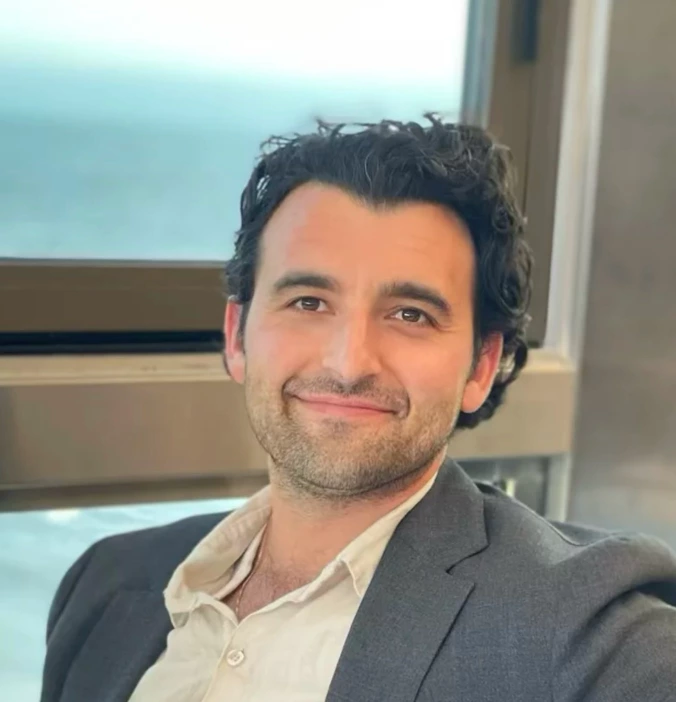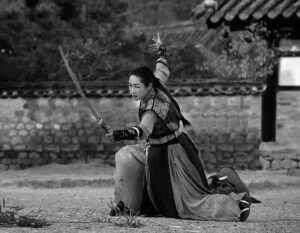Judgment: “the act of assigning a negative or positive value to an event” (p. 18). At their core, judgments are opinions and assessments that we tend to hold with a lot of attachment. A common pitfall with judgmental language is that it reinforces binary thinking, i.e., always or never/agree or disagree. Binary thinking is rigid thinking and rigid thinking is correlated with polarization, communication breakdowns, and insanity—“doing the same thing over and over again and expecting different results.”
Observation: Sensing, feeling, and describing what is happening or happened as is without any additional commentary on how it should be or should have been. Mindfulness meditation is one way of training the skill of observational awareness, as opposed to judgmental awareness. At their core, observations draw our attention to the level of detail, nuance, and variability that we often are blind to when our thinking and speaking is dominated by judgment alone. One of the primary benefits of observational language is how it can illuminate distinctions that can quite literally change our view of reality.
A distinction that I write about a lot is finite vs. infinite games. A distinction that I recently learned about is the difference between peoples’ interests and positions. In Getting to Yes, Roger Fischer, William Urey, and Bruce Patton describe positions as what people say they want or demand; whereas, interests are the underlying needs, desires, fears, and concerns.
Another distinction that I recently found to be very illuminating is the difference between a warning and a threat as described by Sheila Heen and Douglas Stone in Thanks for the Feedback : “A warning is a good-faith attempt to explain possible legitimate consequences (‘if you’re late to dinner, the spaghetti will be cold’), whereas the purpose of a threat is to manufacture consequences that will induce fear (‘if you’re late to dinner, I will throw the spaghetti at you.’) (p. 214). Being aware of these distinctions, gives you a new set of cognitive lenses with which to observe and make meaning of your experiences.
When we speak observationally, we practice taking responsibility, as opposed to placing blame, and behave more like a scientist, as opposed to a preacher, prosecutor, or politician. With distinctions, we grow in awareness and with that awareness, we are more equipped to choose how to think, feel, and behave with greater intentionality and situational flexibility. To that end, here is another important distinction—the difference between acknowledgment and judgment, which Timothy Gallwey makes in The Inner Game of Tennis : Acknowledgements of and respect for one’s capabilities facilitate learning and promote trust; whereas, judgments tend to undermine learning and interfere with the establishment of trust (p. 32).
That being said, the act of assigning negative or positive value is not inherently bad, nor am I against judgmental language and thought. Judgment is human nature and it informs a lot of our primal instincts. My intention is to EQUIP you with the skill to notice and understand the difference between judgment and observation, particularly the limitations of judgmental language and the underused advantages to be gained with observational language.
Have you ever noticed the difference between being asked “how do you like your job” versus “what do you like about your job?” Small-talk usually feels small because when asked “how do you like your job?” we aren’t given much runway to reflect with depth. Our answers are shallow, so that they can squarely fit into a positive or negative category, i.e., the expression of judgmental language. Whereas, when asked “what about your job do you like?” we are encouraged to more mindfully and observationally take inventory of what we’ve experienced and describe it with more detail and nuance. Similarly, when reflecting on your own experiences, I challenge you to describe what occurred with words other than merely good or bad.




